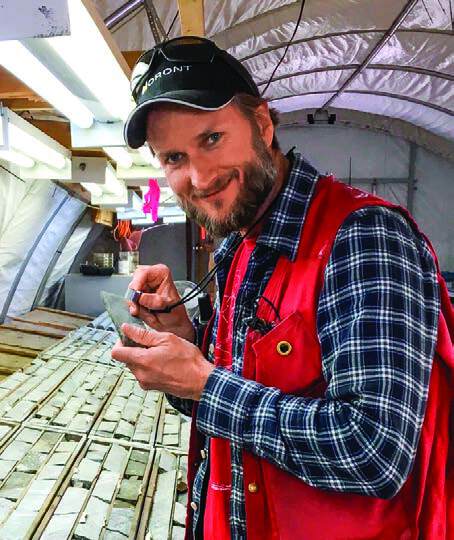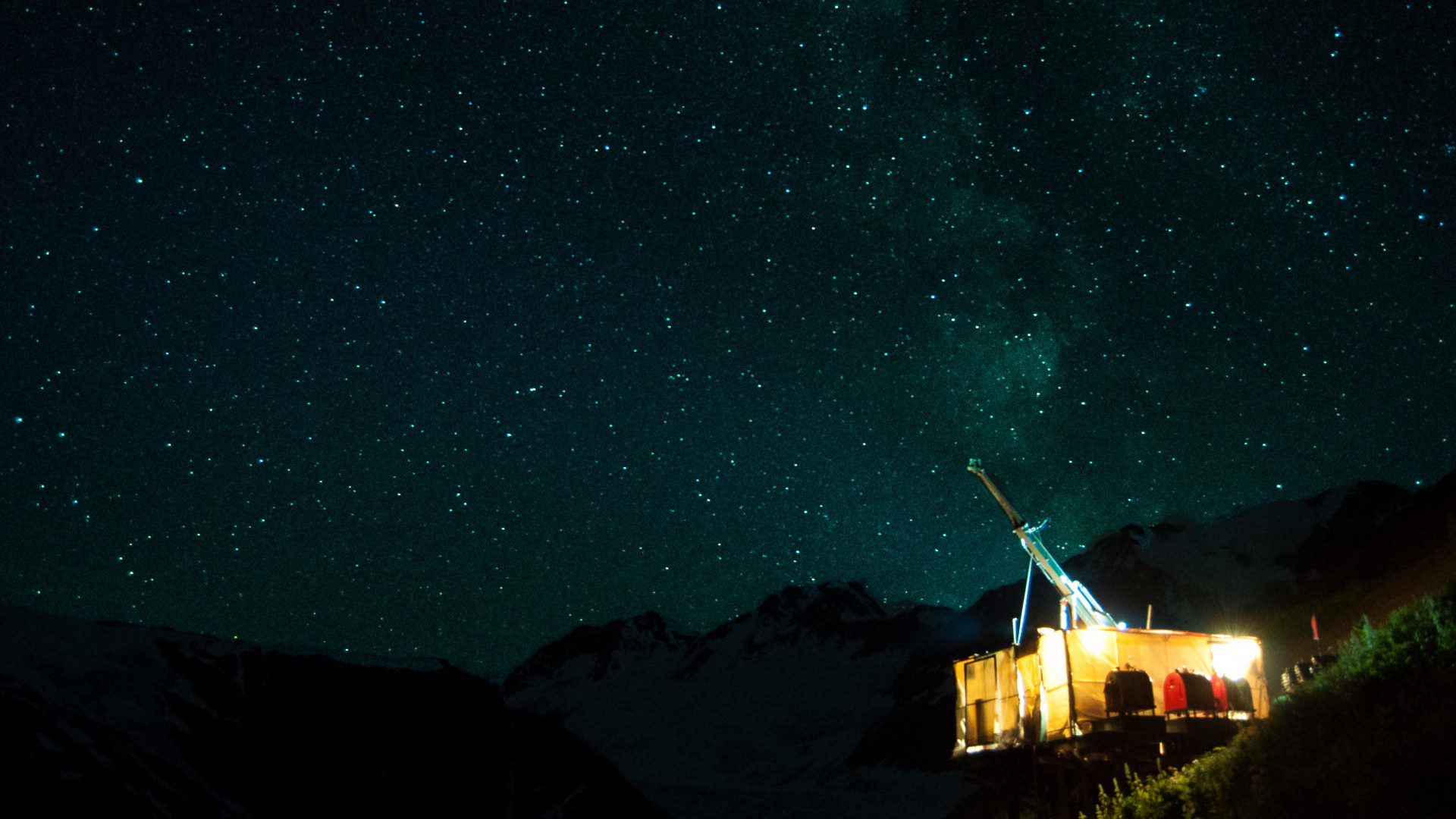
“If I could find something up here, I could sleep, I could forget about her. If I can only find a mine.” Ten years after his wife packed up the kids and left with no trace, Mackenzie, the party chief in Aritha van Herk’s novel The Tent Peg, still ruminates on the loss during a summer exploration job in the Yukon mountains.
Mackenzie is a caricature – the male, middle-aged, loner geologist, the estranged dad – but the strain that mineral exploration puts on relationships is real. Lifeline WA, a counselling and support service in Western Australia (where research on the personal impact of remote work eclipses Canadian efforts) calculates there are more divorced workers in the resources sector (one in 10) than in the general population (one in 12).
It’s not difficult to imagine why. The absent partner can miss milestones, such as birthdays or a child’s first step, and feel helpless in a crisis, while the partner at home is left to manage alone for weeks or months at a time. Maintaining close friendships can be even more challenging.
Fortunately, communication from remote locations has improved exponentially since van Herk first imagined her mountain exploration camp and its tortured party chief. Whereas 20 years ago you’d be lucky to get to a town with a phone booth for the occasional call, many exploration camps now have cellphone coverage and/or an internet connection. Applications such as Skype and FaceTime allow friends, partners and families to talk regularly, the next best thing to being there.
“Communication has been one of the greatest improvements to life away from home. It’s made working remotely much more bearable for crews who are away for two weeks at a time or more,” says Ryan Weston, VP exploration for Noront Resources in Thunder Bay, Ontario. Ryan speaks from experience – he has three young children with his wife Lesley, a geologist for Fladgate Exploration Consulting.
Ryan says every geologist, and every partner of a geologist, should understand what they are signing up for before making any commitments. “Time spent in the field is a critical part of any young geologist’s career, there is no way around that. You want to make the most of it and hopefully leverage that experience into a management role later.”
Ryan cherishes the memories he and Lesley made as a younger couple, when she would sometimes meet him at the end of a field job and they would travel together. Now that they have children, communicating where they are working, what they do there, and how long they’ll be away is essential to family harmony. A map on the wall with a pin to mark the latest exploration site is fun for the kids. Sending pictures and stories helps maintain a strong connection.
Now that Ryan is spending shorter stints of two to seven days at Noront’s camp in the Ring of Fire, he and Lesley share a calendar on their mobile phones to make sure that field trips do not conflict with important family or work events. Some of the Westons’ closest friends are other geos who understand the lifestyle and are happy to help out in a pinch.
Jane Dodding, an Australian psychologist and columnist for Mining Family Matters Canada, offers her top five tips for managing relationships during the field season:
- Talk about possible issues that might arise at home and in camp, and brainstorm solutions before they arise.
- If you have children, make sure they are clear about why you are working away and why you can’t always be in touch. Encourage them to call on other positive role models (Uncle Jim and Auntie Sue, for example) in their life if they are missing you or if you are missing particularly big events in their lives.
- If your partner is busy working and/or caring for the family, make sure there are adequate supports at home to ease the pressure. This might include a gardener, a cleaner or child care, depending on your particular circumstances.
- Be realistic about possible limitations to phone access, and together think about other ways to stay connected – for example, letters that include photos and children’s drawings, reading the same book, or both keeping a diary.
- Be honest about how the separation might affect you emotionally and discuss ways to alleviate this.
Working away can be hard on relationships, but with awareness of the pitfalls and effective communication, no geologist need share Mackenzie’s fate.
